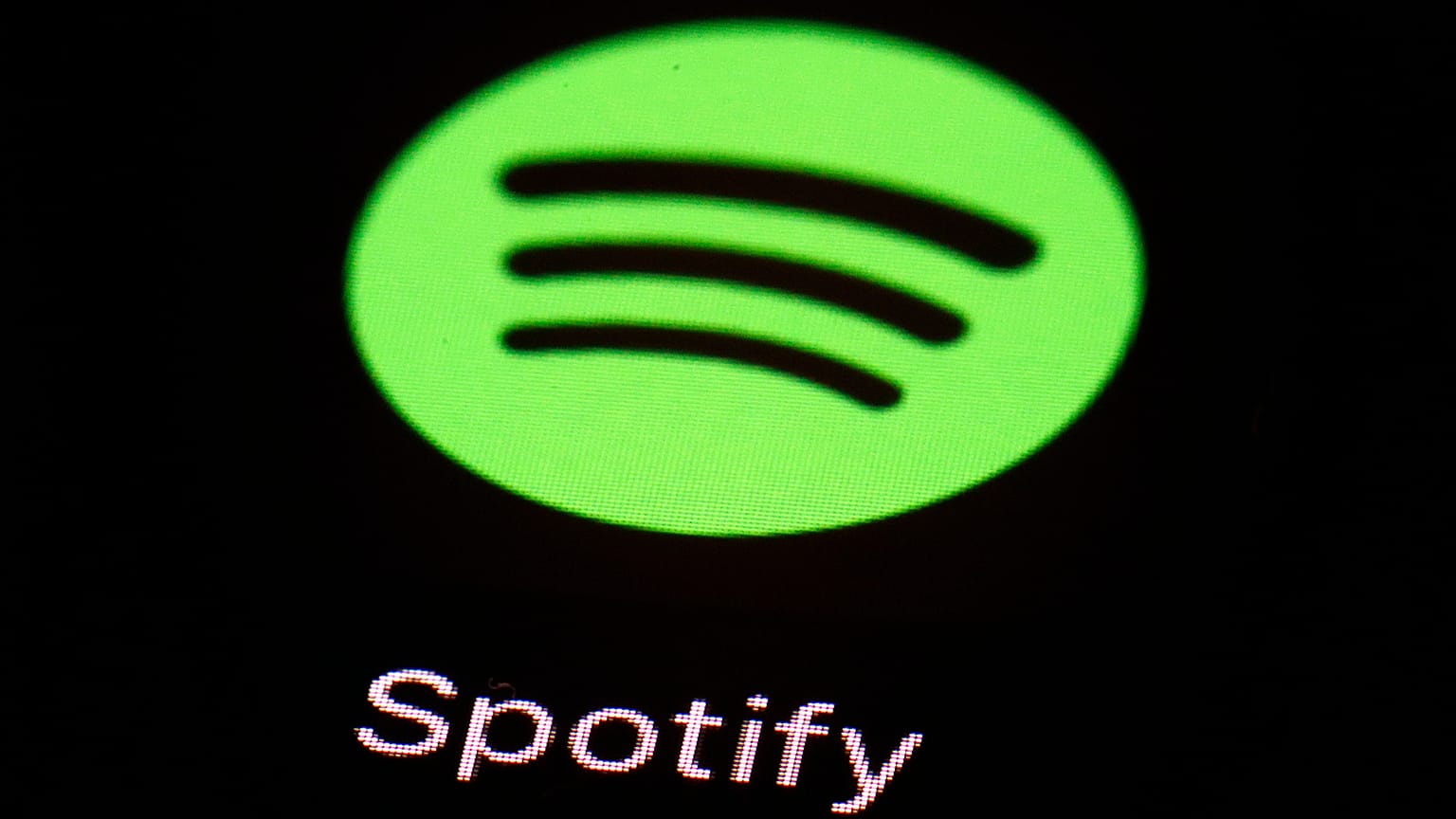The music streaming platform announced a €1 price increase for customers on its individual plan starting from September.
Premium subscribers to Spotify will see their tariffs rise across the globe from September, the music streaming service announced on Monday.
Following the news, the company’s share price rose over 6% in premarketing trading on Wall Street, as of around 15.30 CEST. This surge in investor interest came after a disappointing earnings update last week dented the company’s share price.
The company forecast lower than expected quarterly profits at the end of July. This was partly due to high payroll taxation, totalling €116 million, outweighing music demand growth.
Despite this, share prices have risen by almost 50% since the start of 2025.
The announcement about subscriptions comes as the platform aims to increase profit margins whilst continuing to expand its product offering. In recent years, Spotify has grown its audiobook catalogue, added short-form video capabilities and improved its AI playlist creation and fan experience.
How will my Spotify subscription change?
Price changes will affect customers on the individual plan in South Asia, the Middle East, Africa, Europe, Latin America, and the Asia-Pacific region markets.
Subscribers to the individual plan in Europe will see their payments rise from €10.99/ month to €11.99 a month.
Customers will receive an email explaining the price changes over the next month, a company statement said. It is currently unclear if customers on other subscription plans will also be affected.


















